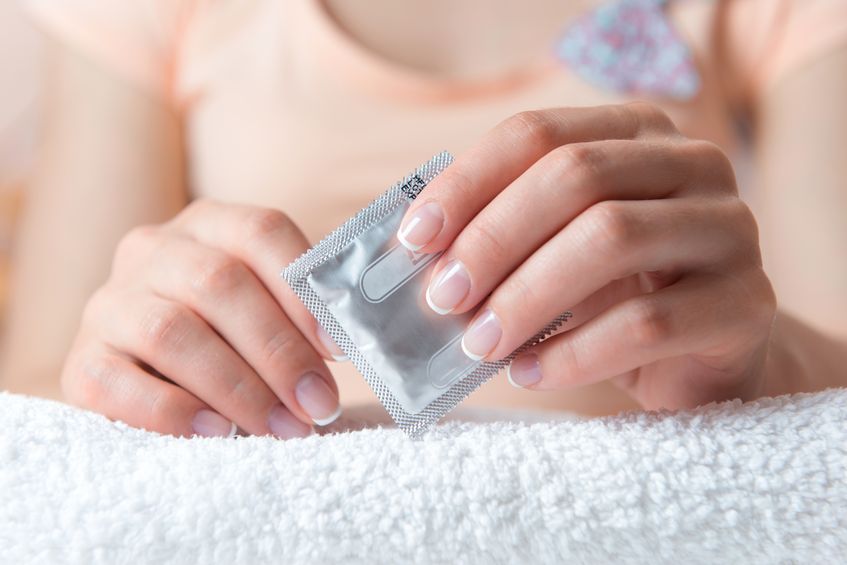Within the last decade, almost all female teenagers in the United States have used a form of contraception.
The National Center for Health Statistics of the U.S. government’s health department recently published a study on teenagers’ sexual activity from 2011 to 2015.
The study reports that American teens are having less sex than older generations. In comparison to 1988, sex among teens has declined from 51.1 per cent to 42.4 percent for female teens and 60.4 percent to 44.2 percent for male teens.
99.4 percent of the surveyed female teenagers claimed they used various forms of contraception. However, one of the most used methods is alarming.
The most used method is using a condom at 97.4 per cent. Withdrawal or pulling out is at 59.7 per cent, while the pill is at 55.5 per cent.
According to the Palo Alto Medical Foundation, pulling out is not considered a real form of birth control. Men withdrawing prior to ejaculation has no guarantee of preventing a pregnancy nor sexually transmitted infections.
The foundation cites a 25 percent chance of pregnancy with this method, compared to less than two percent if one uses a condom.
Perhaps the risk of pregnancy through withdrawal would be less of a worry if women were willing to get pregnant, but the study showed that 60.5 percent of female teens would be “very upset” if they were pregnant.
While the U.S. federal government requires sex education in public schools, abstinence-only programs have received funding, as per Advocates for Youth. And while research shows that the youth who received this type of education delayed sex, they also were less likely to use contraceptives and still had STI prevalence.
With the passage of the Reproductive Health law in the Philippines, sex education and contraceptives still remain elusive for the youth and the poor. Officials have opposed condom distribution in schools, while sex education does not discuss the act of sexual intercourse. Compounding to this is a temporary restraining order on contraceptives, endangering women’s health.
According to a United Nations report, teen pregnancy has risen over the past two decades in the country and has cost P33 billion in lost earnings. JB
RELATED STORIES:
Sex education not about sex–DepEd
UN population body urges stronger sex ed for PH
High court TRO on contraceptives slowly killing women, says DOH exec
Potential male contraceptives discovered by scientists in plant chemicals


